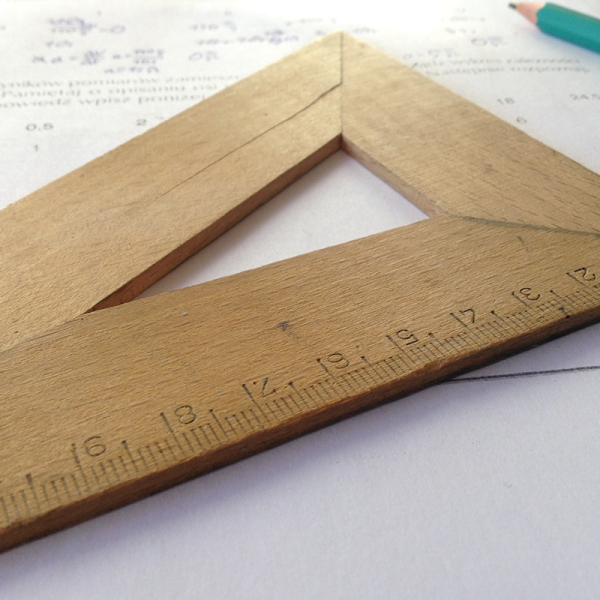Mathematics Minor
As a mathematics minor, you will study numbers and their operations, interrelations, combinations, generalizations, and abstraction. When you study mathematics, you are really exploring the "language of science"— not just the traditional physical sciences and engineering, but also the quantitative side of economics, biology, the behavioral sciences, business, and architecture.
sample courses:
This is a one credit course, that can only be taken concurrently with Math 131, Calculus I. The purpose of the course is to show how mathematics can solve real world problems, and how calculus dramatically expands the range of problems that can be tackled. Each class will be devoted to the analysis of some problems, which may include: dimensional analysis, the mathematics of convoys, Fibonacci numbers, fractals, linear regression, Euclid's algorithm, Stein's algorithm, network capacities, Braess's paradox, Galton's approach to surnames, how genes spread through populations, SIR model of infectious diseases.
Computer arithmetic, error propagation, condition number and stability; mathematical modeling, approximation and convergence; roots of functions; calculus of finite differences; implicit and explicit methods for initial and boundary value problems; numerical integration; numerical solution of linear systems, matrix equations, and eigensystems; Fourier transforms; optimization. Various software packages may be introduced and used.

